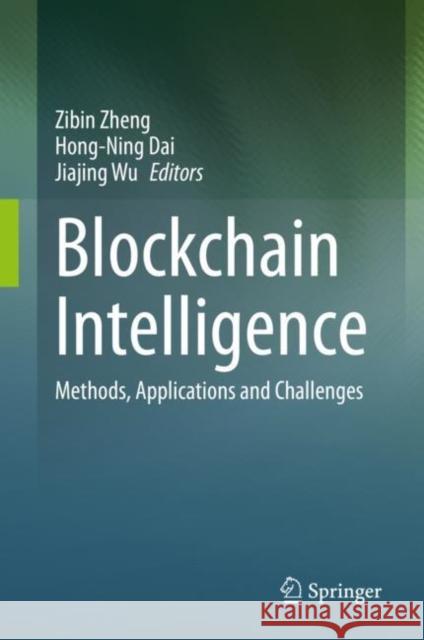Blockchain Intelligence: Methods, Applications and Challenges » książka
topmenu
Blockchain Intelligence: Methods, Applications and Challenges
ISBN-13: 9789811601262 / Angielski / Twarda / 2021 / 166 str.
Blockchain Intelligence: Methods, Applications and Challenges
ISBN-13: 9789811601262 / Angielski / Twarda / 2021 / 166 str.
cena 603,81
(netto: 575,06 VAT: 5%)
Najniższa cena z 30 dni: 578,30
(netto: 575,06 VAT: 5%)
Najniższa cena z 30 dni: 578,30
Termin realizacji zamówienia:
ok. 16-18 dni roboczych.
ok. 16-18 dni roboczych.
Darmowa dostawa!
Kategorie:
Kategorie BISAC:
Wydawca:
Springer
Język:
Angielski
ISBN-13:
9789811601262
Rok wydania:
2021
Wydanie:
2021
Ilość stron:
166
Waga:
0.41 kg
Wymiary:
23.88 x 20.07 x 1.27
Oprawa:
Twarda
Wolumenów:
01











